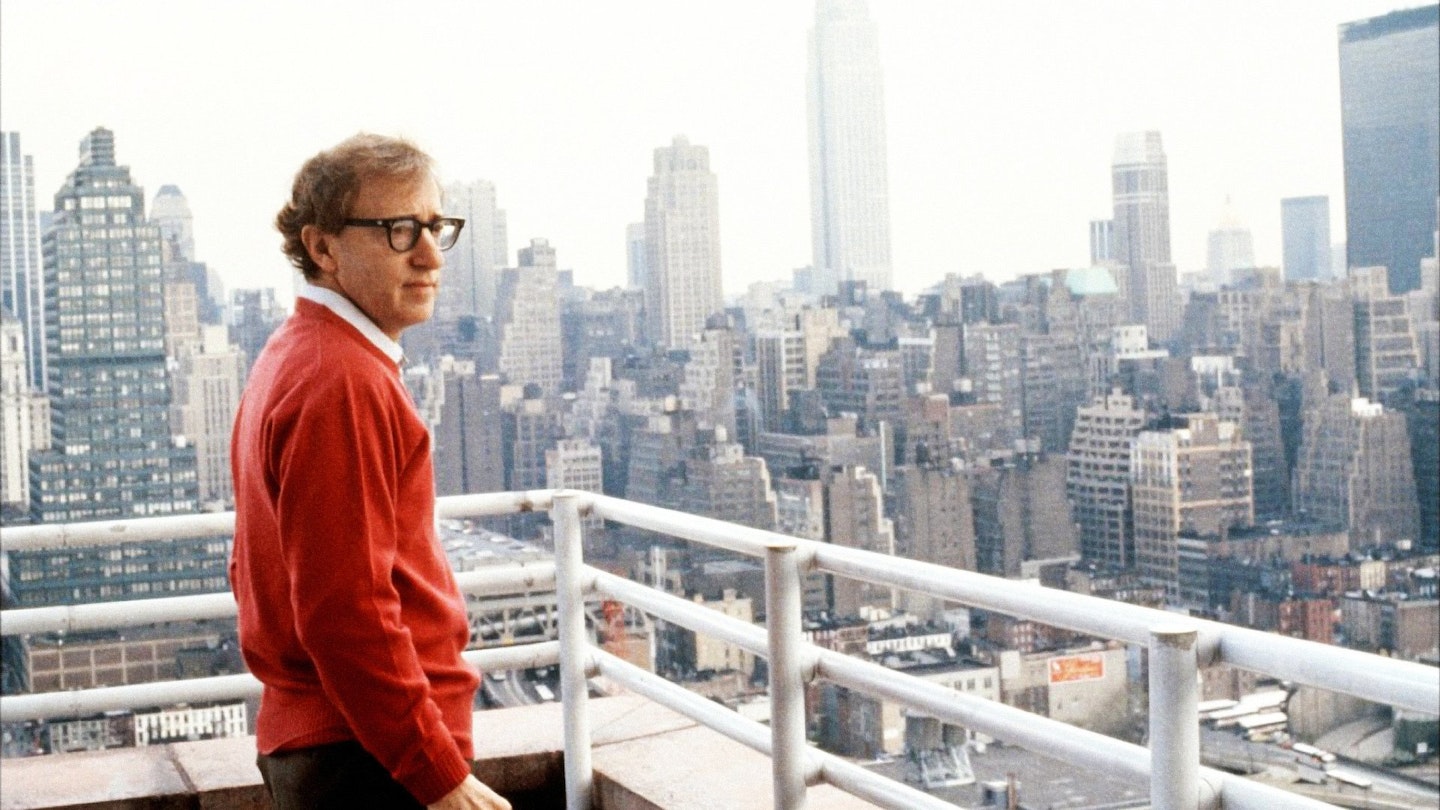On paper New York Stories sounds like a dream. Woody Allen invites his pals Martin Scorsese and Francis Coppola to contribute a segment each as part of a triptych, the only proviso being that the stories are set in New York. This is merely the cinematic equivalent of limiting Dickens to London, since all three directors have in their time shaped our cinema-fed conceptions of the Big Apple. Coppolas evocation of Little Italy and the wealthier reaches of Long Island in the Godfather films, Scorseses Mean Streets, Taxi Driver and After Hours, and nearly all the Allen films especially the romantic paean Manhattan are as much the chronicle of a city as the gangsters, psychos and artists who people it.
Yet with these directors, its often a question of form. The 80s have been rather mixed for all three, though Scorsese has managed at least one masterpiece with Raging Bull (1980) and almost triggered a religious war with The Last Temptation Of Christ. His contribution, Life Lessons, is a meditation on obsessional love and artistic inspiration, and its a brilliant piece of work. Nick Nolte plays a celebrated painter, hounded by his agent over a forthcoming exhibition and hooked on his (much younger) personal assistant, Paulette (Rosanna Arquette), herself a fledgling artist. Nolte dominates the screen with his bearish physique and brooding demeanourhes tortured by Paulettes rejection of him, but thats also what drives him to create his big, bold canvases. We are watching the end of an affair, and though both behave appallingly to each other, you cant help feeling a strange affection for them. Nolte has come through by the end, and were left to ponder whether hell make all the same mistakes again. An old story, perhaps, but superbly acted and directed with the sort of imaginative verve we see all too rarely in Scorsese these days.
Its a pity that Coppolas film is in the middle panel, since that means you cant walk out without missing the third. Simply put, its a tedious, tasteless fiasco. Co-written with his daughter Sofia, Life Without Zoe concerns a 12-year-o/d kid who lives a life of opulent ease in a swanky New York hotel, hanging out with a bunch of similarly moneyed, Chanel-clad brats. You get the idea were meant to find them irresistible, but we dont. The storyor part of itis a sliver of nonsense about the reunion of Zoes beautiful, brilliant parents; the rest plays like a sick hymn to materialism, and it adds up to an all-time low for Coppola. Some of us still remember when he used to be a great director.
Oedipus Wrecks will be regarded by many as Woody Allens return to form after the lugubrious Bergmanesque outings of recent years: September and Another Woman. Its a madcap fantasy that revives the Jewish mother/son schtick to winning effect: weve seen it before, but it still charms. Completists will recall the magicians box trick from one of his New Yorker short stores, The Kugelmass Episode, and if its not quite as manically funny this time, it still affords the priceless shot of Woody smiling onscreen.
New York Stories is a curious ensemble, then: one director on top form, one plainly on the skids, and one casually proving that, when the mood takes him, hes still the king of comedy.
